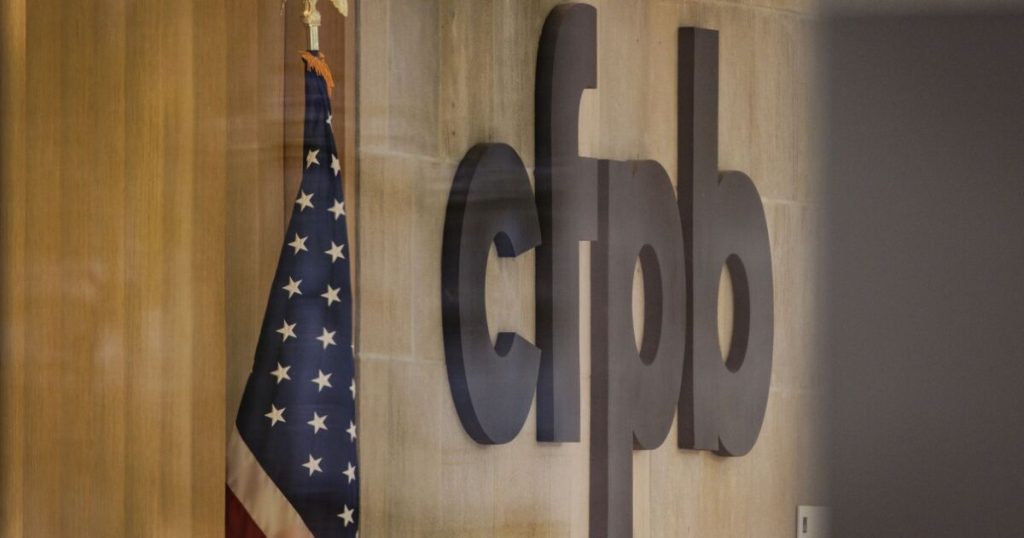A Texas judge has dismissed the Consumer Financial Protection Bureau’s credit card late fee rule in a major victory for banks, business trade groups, the U.S. Chamber of Commerce and the Trump administration.
On Tuesday, U.S. District Court Judge Mark. T. Pittman tossed the CFPB’s credit card late fee rule saying the bureau’s failure to allow card issuers to charge fees for late payments violates the CARD Act and the Administrative Procedure Act. The rule set credit card late fees at $8, up from $32, without taking into account that credit card issuers are allowed to charge penalty fees, Pittman said, in violation of the Credit Card Accountability and Disclosure Act.
The decision is a blow to consumers that hoped to pay far less in fees. The CFPB set $8 as a “safe harbor,” amount for late fees or alternatively, would have allowed card issuers to recoup costs associated with late payments but not punitive charges.
Pittman’s order and final judgment was expected. It ends more than a year of contentious litigation that included allegations of
The order comes on the heels of the CFPB and trade groups
The bank trade groups led by the U.S. Chamber of Commerce sued the CFPB last year. The groups raised various claims including that the rule was “arbitrary and capricious,” in violation of the APA, which outlines how federal agencies create, amend and repeal rules.
The late fee rule was
Repealing the rule notches a win for the Trump administration’s deregulatory efforts.
The trade groups welcomed Pittman’s order, calling it a “win-win” for consumers. The plaintiffs included the American Bankers Association, Consumer Bankers Association, Fort Worth Chamber of Commerce, Longview Chamber of Commerce, Texas Association of Business and U.S. Chamber.
Paige Pidano Paridon, senior associate general counsel and co-head of regulatory affairs at the bank trade group BPI, called the Biden-era rule “deeply flawed and indefensible.”
“Late fees are already heavily regulated, fully transparent and play a key role in encouraging on-time payments and responsible borrowing,” she said. “If implemented, this rule would have disrupted the highly competitive credit card market, driven up the cost of loans and limited access to credit.”
The litigation over the rule
Consumer advocates said the court’s decision was yet another way that the Trump administration had increased costs for average Americans though, to be clear, the rule never went into effect.
Chi Chi Wu, a senior attorney with the National Consumer Law Center, said that by tossing the rule, the administration was “lining the pockets of wealthy corporations.”
“This decision will allow big banks to exploit consumers to the tune of $10 billion annually by charging inflated late fees that far exceed what late payments cost them to collect,” Wu said.
The American Economic Liberties Project called the dismissal of the rule “outrageous,” given the administration’s effort to dismantle the CFPB.
“The Trump CFPB has unleashed the floodgates for big banks to charge consumers excessive credit card late fees,” said Morgan Harper, director of policy and advocacy at the non-profit group.
Pittman’s order put an end to the litigation, which was dismissed permanently and cannot be brought back to court.

